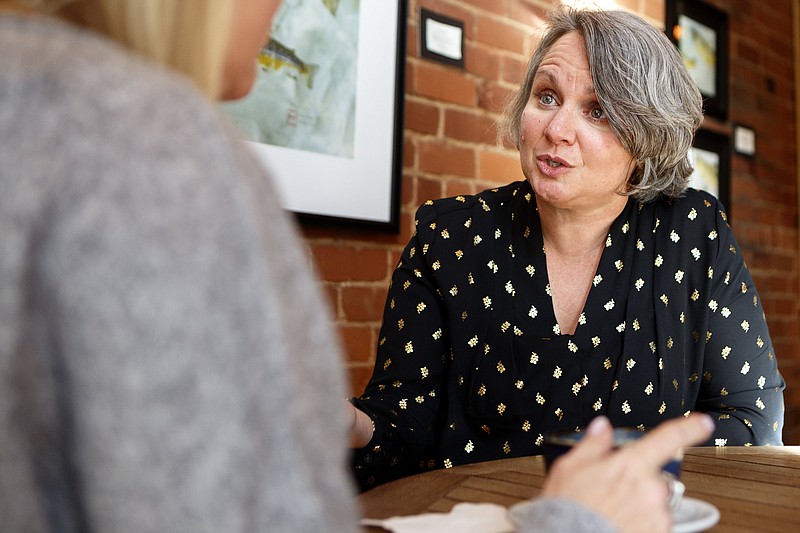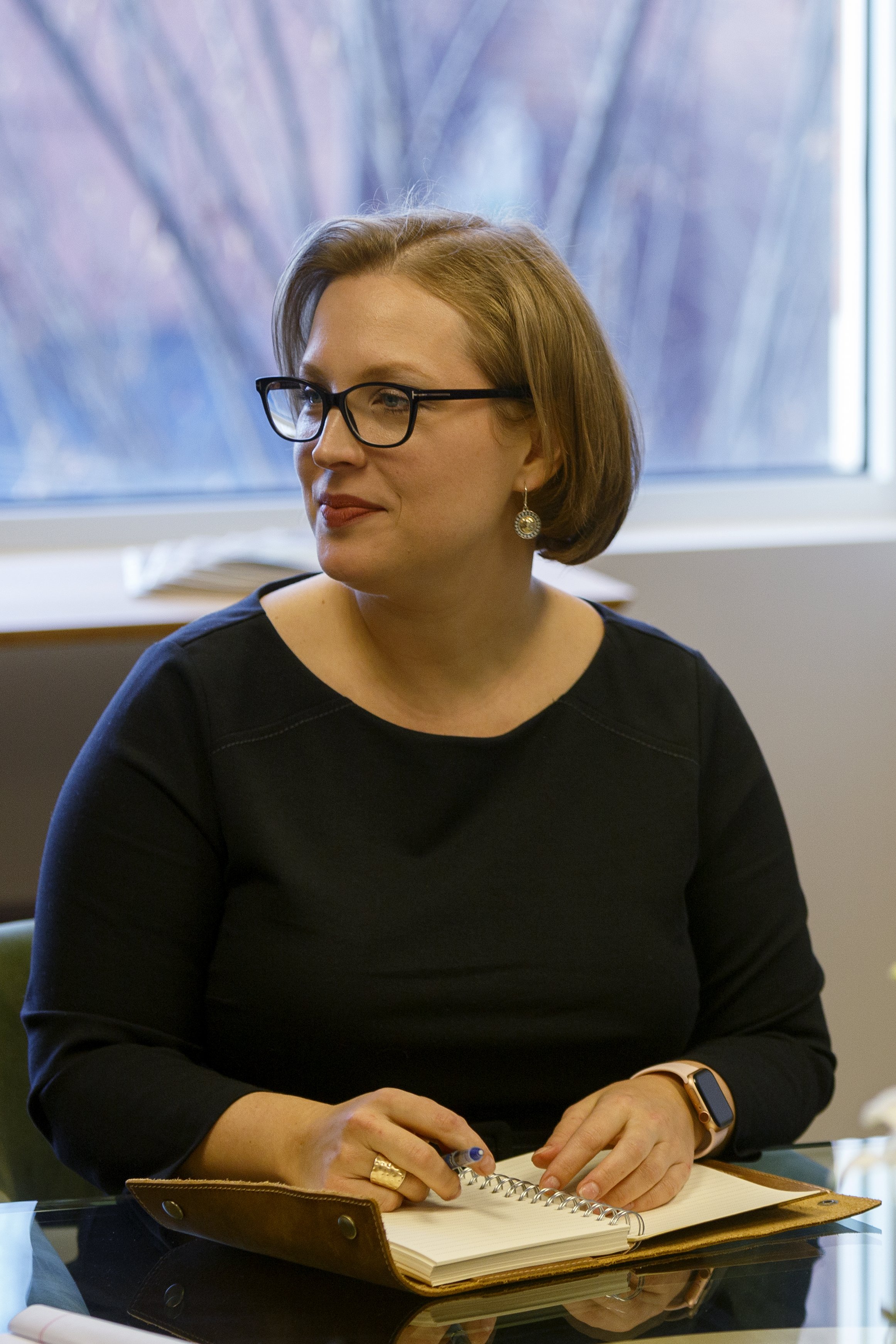The wildly swinging stock market, the specter of collapsing small businesses, and uncertainty about how long the coronavirus pandemic will hold the U.S. economy hostage are all adding up to a complex job for financial advisers.
"Even the best strategy is being tested today," said Stefanie Crowe, director of wealth, knowledge and happiness at Stonebridge Asset Management. "There was not a real perfect scenario unless you were just sitting on cash at the beginning of the year. Even the best plan is tested in times like this."
The Dow Jones Industrial Average hit an all-time high in February, hit an all-time low less than a month later, and has kept digging out the basement. On Friday, the Dow was down more than 17%, its biggest one-week drop since October 2008, when it dropped 18.2%.
Coronavirus fears have emptied out businesses and schools, shut down cities and battered markets. The challenges are unprecedented, but the fundamentals don't change when it comes to long-term planning, Crowe said.
"Any investment icon would say chasing headlines is never smart. That is a recipe for nausea and heart failure," she said. "People who have been doing this a lot longer than I have will say do whatever you have to do to avoid creating more anxiety that could tempt you to abort a sound plan."
Moments like these are one reason financial advisers push so hard on the importance of an emergency fund, said Rebecca Brooks, a partner with R&D Financial Coaching. Particularly for the younger investors her firm targets, this is going to feel like an emergency, Brooks said.
"Our clients aren't worried about the stock market; they haven't been investing too long," she said. "Concerns about job security is really more what's happening with our clients."
For those people, the advice is to "think like a squirrel" for the moment, Brooks said.
"Every extra dollar you can reserve right now will probably help you in the long term," she said. "Avoid debt - just spend money you have and don't make a bad situation worse."
This may also be a smart time to ease off any aggressive efforts to pay down debt, Brooks added.
"If you're paying down debt, hit pause on that to reserve cash," she said.
Carrie Turcotte, owner of Northshore Financial Strategies, said her work often involves talking people through tough moments with the markets.
"Part of my job is calming down the emotions and the fear and bringing rationality back to the dialogue," she said.
Instant access to information makes that harder, but it's important to keep the wild market swings in perspective, she said.
"If you continue listening to it, that builds fear, and fear fuels fear," she said. "Come back to the big picture, to the long term plan."
For people who will be able to weather these market storms, there will be opportunities, Crowe said.
More Info
On Friday, the Dow Jones Industrial Average was down more than 17%, its biggest one-week drop since October 2008, when it dropped 18.2%.
"If your income is stable and you have a decent amount of cash in the bank, we could see some real value over the next 90 days," she said.
But not everyone will come through this time with their financial lives intact, and those people will need help, Crowe added.
"If you do feel like you are in a stable place, think about what you can give, who is vulnerable and what you can share," she said. "There are people who have more than enough, and they still have more than enough, and they can find a way to help others."
Small business owners are in particular peril, and those businesses are the engine of the economy, Turcotte said.
"I'm very worried for small business owners," she said. "They aren't sure how they'll weather this storm, there's no cash flow."
Crowe said her clients who are small business owners aren't chasing bargains in the market or worrying about their portfolios; they're trying to figure out how to survive.
"My business owner clients are not worried about market volatility," she said. "They're looking at making really tough decisions for their companies: how long will revenue be stopped, how long can I keep my people?"
Contact Mary Fortune at mfortune@timesfreepress.com or 423-757-6653. Follow her on Twitter at @maryfortune.

